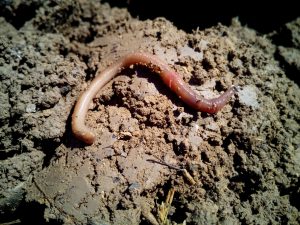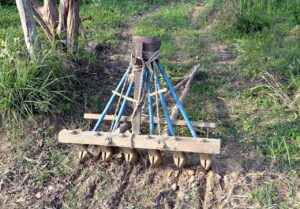How Can I Speed Up The Composting Process?”
In our journey toward greener living, one common challenge we face is the slow pace of composting. But don’t worry! Our latest article is here to guide us on how to accelerate the composting process effectively. We’ll explore practical tips and techniques that can help us turn our kitchen scraps and yard waste into nutrient-rich compost faster. From balancing greens and browns to turning the pile and understanding the importance of moisture, we’ll cover everything we need to know to supercharge our composting efforts and contribute to a healthier planet. How often have we looked at our compost pile and wished it would hurry up already? It seems like a simple concept—toss in organic waste, wait, and voila! But in practice, composting can feel frustratingly slow. So, how can we speed up the composting process?
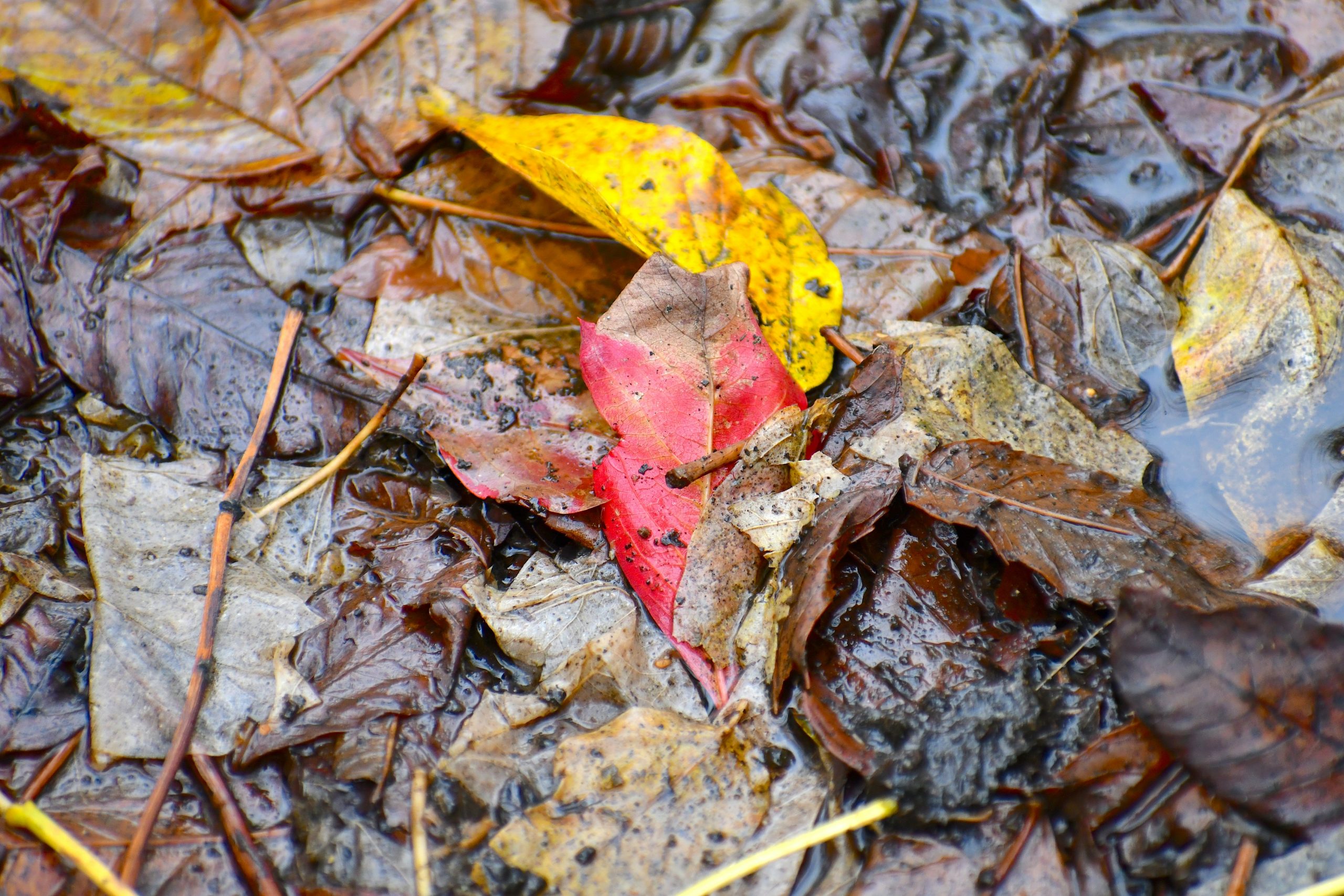
Why Speed Up Composting?
Before diving into the how-to, let’s understand the why. Speeding up the composting process has multiple benefits. First, it allows us to recycle kitchen and garden waste more efficiently, freeing up space in our compost bin. Second, faster decomposition means quicker access to nutrient-rich compost for our gardens. Ultimately, quicker composting benefits us and the environment—a win-win!
Understanding The Basics of Composting
Composting is the natural process of turning organic materials like kitchen scraps, garden waste, and even paper into a nutrient-rich soil amendment. Key players in this process include microorganisms, moisture, air, and the balance of green and brown materials.
Microorganisms: The Busy Bees
Microorganisms such as bacteria, fungi, and actinomycetes are the primary decomposers in our compost heap. These tiny creatures break down organic matter into simpler substances which eventually turn into humus.
Moisture And Air: The Elements of Life
Moisture and air are vital for microorganism activity. Too little moisture will slow down their activity, while too much can make the pile anaerobic (lacking oxygen), resulting in foul odors. Similarly, proper aeration ensures that aerobic (oxygen-loving) bacteria thrive, speeding up decomposition.
The Green and The Brown: The Balancing Act
The right balance of green and brown materials is essential. Green materials (nitrogen-rich) include kitchen scraps, grass clippings, and coffee grounds, while brown materials (carbon-rich) include dried leaves, straw, and cardboard. Striking the right balance provides microorganisms with the ideal environment to work efficiently.
Tips For Speeding Up The Composting Process
Now that we have a good understanding of how composting works, let’s explore specific strategies to accelerate the process.
Shred and Chop
One of the simplest ways to speed up composting is by shredding or chopping materials before adding them to the compost pile. Smaller pieces have a larger surface area relative to their volume, making it easier for microorganisms to break them down.
Maintain The Right Balance of Materials
Maintaining the ideal carbon-to-nitrogen (C:N) ratio, usually around 30:1, is crucial. Too much nitrogen can lead to a smelly, slimy pile, while too much carbon can slow down the decomposition process. A balanced pile decays faster and efficiently.
| Material Type | Examples | Carbon to Nitrogen Ratio |
|---|---|---|
| Greens | Kitchen scraps, coffee grounds, grass clippings | Low (generally high in nitrogen) |
| Browns | Dried leaves, straw, cardboard | High (generally high in carbon) |
Turn The Pile
Regularly turning the compost pile fosters aeration, providing oxygen for aerobic microorganisms. Aim to turn the pile every 1-2 weeks. This action not only speeds up decomposition but also helps eliminate unpleasant odors.
Monitor Moisture Levels
Keeping our compost pile as moist as a wrung-out sponge is ideal. If the pile is too dry, add water or moist greens. If it’s too wet, add more browns and turn the pile to incorporate oxygen.
Add Activators
Activators, or compost accelerators, can jumpstart the composting process. These can be natural, such as animal manure or alfalfa meal, or commercial products designed specifically for speeding up compost decomposition. Activators introduce additional microorganisms and nutrients to the pile, giving decomp a turbo boost!
Use a Compost Bin
An enclosed compost bin retains heat better than an open pile, especially in colder climates. Heat is a byproduct of microbial activity, which in turn accelerates the composting process. By maintaining higher internal temperatures, we help the microorganisms work more efficiently.
Break Down Tougher Items
Certain materials like eggshells, avocado pits, and corn cobs take longer to decompose. Crushing or cutting them into smaller fragments hastens their breakdown, ensuring a faster overall composting process.
Add Insulating Layers
During cooler months, maintaining the temperature of our compost pile is crucial. Adding insulating layers such as straw or a tarp helps retain heat, which revs up microbial activity.
Common Mistakes and How to Avoid Them
Even with the best intentions, mistakes happen. Here, we’ll address common missteps and how to avoid them, ensuring our composting journey is smooth and fast.
Overwatering or Underwatering
As mentioned earlier, too much or too little moisture can significantly slow down the composting process. Always aim for that perfect sponge-like consistency, and remember to adjust based on the material composition and weather conditions.
Ignoring The Pile
It’s easy to forget about our compost pile once we’ve set it up. However, regular turning, moisture checks, and adding fresh material are critical. Neglecting these steps can lead to slow decomposition and unpleasant smells.
Adding Non-Compostable Items
Being vigilant about what goes into our compost pile is essential. Items like meat, dairy, oils, and treated wood should be avoided as they either decompose slowly, attract pests, or introduce harmful chemicals.
Poor Balance of Materials
Maintaining that ideal C:N ratio can be tricky but crucial. Too much green or brown material can either slow down the process or cause it to become anaerobic and smelly. When in doubt, a rough rule of thumb is to aim for two parts brown material to one part green material.
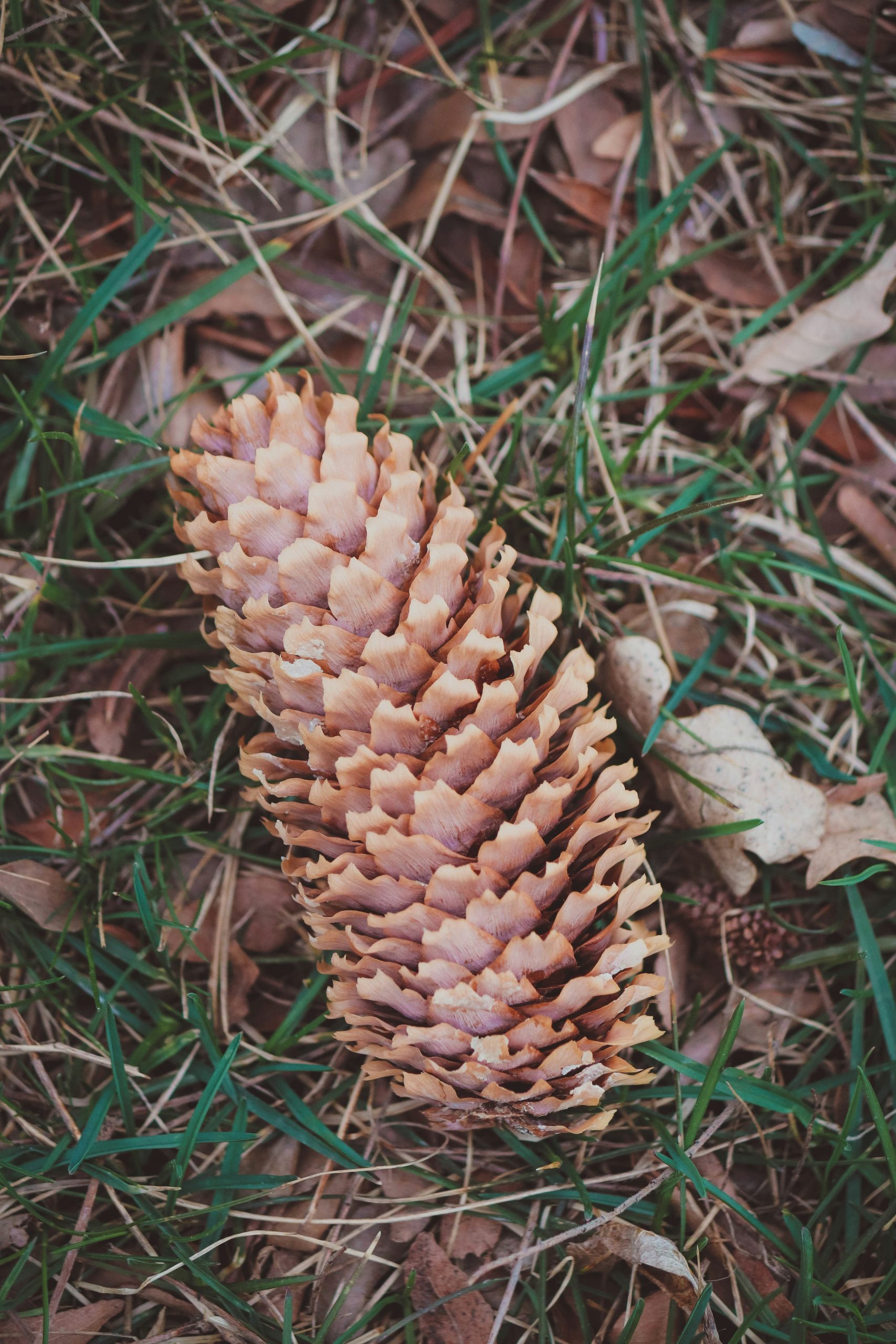
Enhancing The Microbial Environment
To truly speed up our composting process, enhancing the microbial environment is key. Happy microorganisms lead to a happy and efficient compost pile.
Optimal Temperature Management
Microorganisms thrive in warm environments, typically between 110-160°F. A cold pile will decompose more slowly. Using a compost thermometer helps us monitor the temperature, and turning the pile when it starts to cool down reactivates microbial activity.
Foster Diversity in Microorganisms
Introducing different types of organic material increases microbial diversity, enhancing the decomposition process. Variety ensures that a broad spectrum of microorganisms are present to handle different types of materials efficiently.
Maintain a Healthy pH
A neutral to slightly acidic pH (between 6 and 7.5) is ideal for composting. Extreme pH levels can inhibit microbial activity. If our compost pile becomes too acidic (usually indicated by a strong ammonia smell), adding lime or crushed eggshells can help neutralize it.
Fast-Tracking With Vermicomposting
Vermicomposting, or composting with worms, is another fantastic way to speed up the process. Worms, especially red wigglers, are voracious decomposers and can significantly hasten the breakdown of organic material.
Benefits of Vermicomposting
Vermicomposting can be faster than traditional composting due to the worms’ constant activity. Additionally, the resulting worm castings are rich in nutrients, making them an excellent fertilizer.
Setting Up a Worm Bin
A vermicomposting bin can be kept indoors or outdoors, provided it’s kept at an optimal temperature (55-77°F). Using a mix of bedding material like shredded paper or coconut coir along with kitchen scraps ensures the worms have a conducive environment to thrive.
Caring for Worms
Regular feeding and maintaining adequate moisture levels are crucial. Overfeeding can lead to foul smells, while underfeeding or dry conditions can stress the worms. Monitoring and adjusting as necessary ensures a healthy and productive worm bin.
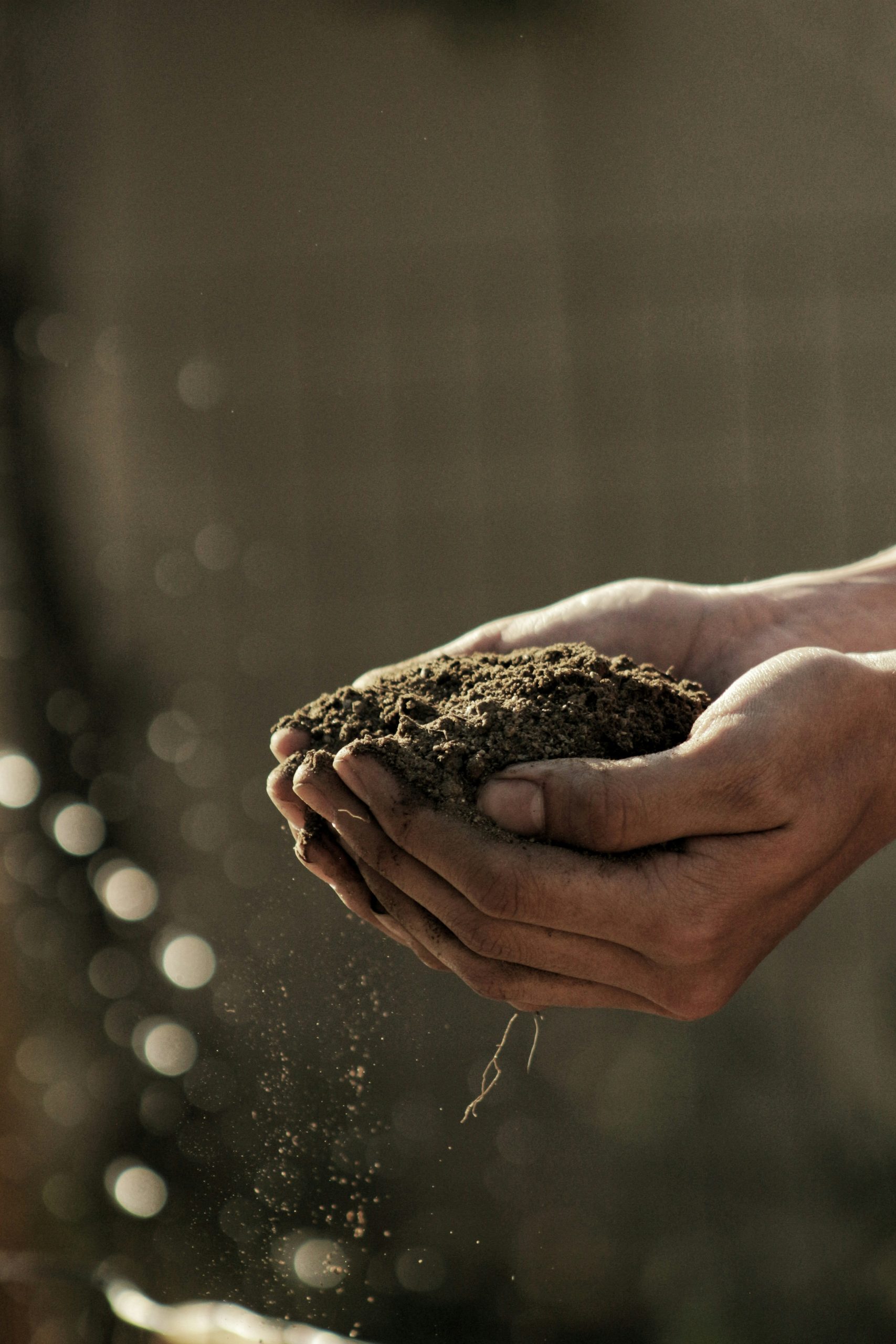
Utilizing Compost Tumblers
Compost tumblers are designed to make aeration and mixing easier, further accelerating the composting process. These handy tools not only simplify turning the pile but also help maintain higher temperatures and moisture levels.
Advantages of Using a Tumbler
Tumblers offer a convenient and efficient way to make compost. They minimize physical labor, are generally pest-resistant, and allow for better control over environmental conditions. The enclosed system also helps retain heat, speeding up decomposition.
Choosing The Right Tumbler
When selecting a compost tumbler, consider factors like size, ease of rotation, ventilation, and insulation. A well-ventilated tumbler ensures adequate airflow, while insulated models maintain optimal temperatures even in cooler climates.
Best Practices for Tumbling Compost
Consistent turning (every few days) and monitoring moisture and material balance are essential. Avoid overloading the tumbler, as this can hamper the system’s efficiency. Regularly check for any signs of imbalance and adjust accordingly.
Harnessing The Power of Nature’s Helpers
Nature offers several helpers that can enhance the speed and efficiency of composting. From beneficial insects to specific plants, integrating these into our composting system can yield impressive results.
Beneficial Insects: The Unsung Heroes
Insects like beetles, ants, and certain flies play a crucial role in breaking down organic matter. Encouraging these insects can speed up composting. Avoid using insecticides or chemicals near our compost pile to keep these helpful critters working hard.
Compost-Friendly Plants
Certain plants, like comfrey, provide excellent high-nitrogen biomass when chopped and added to the compost pile. These plants decompose quickly and boost the nitrogen content, aiding the overall composting process.
Integrating Chickens or Other Livestock
If we have the space and resources, integrating chickens or other small livestock can be beneficial. They help by breaking down tougher materials, turning the pile, and adding manure, which is a fantastic compost activator.
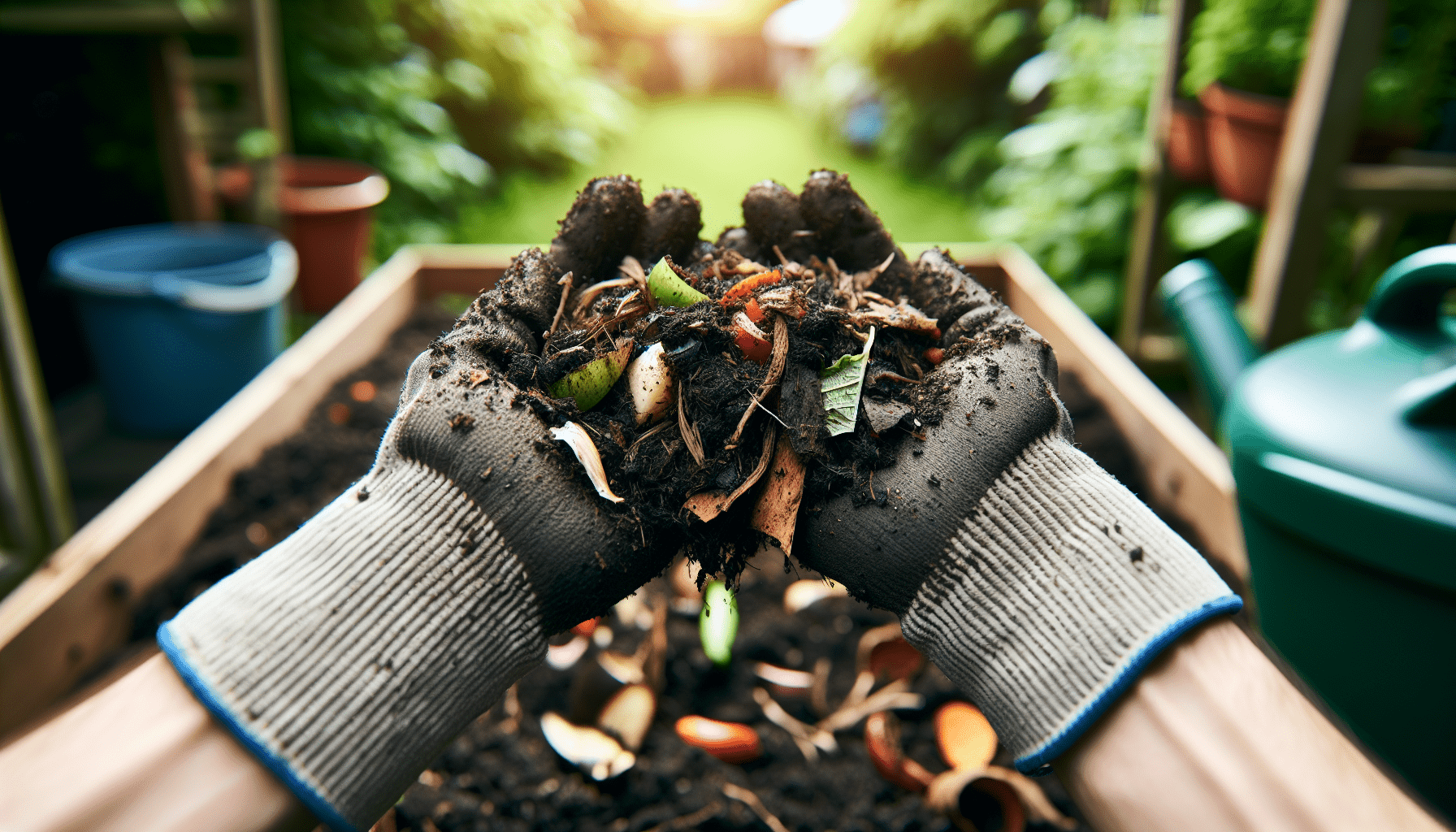
Troubleshooting Slow Compost
Despite our best efforts, sometimes the composting process can drag. Here’s what to do if our pile isn’t decomposing as fast as we’d like.
Problem: Pile Is Too Dry
If the pile is too dry, it slows down microbial activity. Add water gradually while turning the pile until it reaches the desired moisture level.
Problem: Pile Is Too Wet
Overly wet piles can become anaerobic and smelly. Turn the pile to incorporate more air and add dry browns to absorb excess moisture.
Problem: Unpleasant Odors
Bad smells indicate an imbalance. Turn the pile to aerate it and ensure the right mix of greens and browns. If odors persist, check for non-compostable items and remove them.
Problem: No Heat in Pile
If the pile isn’t heating up, it might lack sufficient green materials or be too dry. Adding nitrogen-rich greens and some moisture, and turning the pile should help reactivate it.
The End Result: Utilizing Finished Compost
After we’ve successfully sped up our composting process, the next step is to utilize the dark, crumbly, earthy-smelling compost in our gardens.
Benefits of Finished Compost
Finished compost enriches the soil, improves its structure, retains moisture, and supplies essential nutrients to plants. It’s a gardener’s best friend!
How to Use Finished Compost
We can use finished compost in various ways:
- Soil Amendment: Mix it into garden beds before planting.
- Mulch: Spread it around plants to reduce weeds and conserve moisture.
- Compost Tea: Steep finished compost in water to create a nutrient-rich liquid fertilizer.
- Top Dressing: Sprinkle compost on the surface of the soil to provide a slow-release nutrient source.
Maintaining the Momentum
Once we have the hang of fast-tracking our composting process, it’s essential to maintain the momentum. Regularly evaluate and tweak our methods, introduce new materials, and keep our pile active. With consistent effort, we’ll enjoy a steady supply of nutritious compost for our gardens.
Conclusion
Speeding up the composting process is a blend of science and art, but with the right techniques, attentiveness, and a bit of patience, we can achieve composting success in a fraction of the time. Whether through shredding materials, maintaining a balanced pile, or using tools like tumblers and vermicomposting bins, our efforts will be rewarded with rich, organic compost that benefits both our gardens and the environment.
So, let’s roll up our sleeves, dive into our compost piles, and put these tips into practice! Our gardens (and the planet) will thank us.


